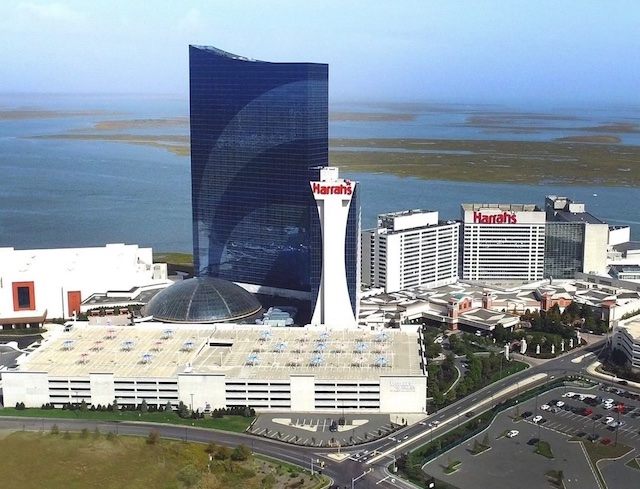
By Dave Lukow
A 2021 agreement that gave the Seminole Tribe a grip on sports betting in Florida is being tested. The challenge, by a pair of pari-mutuel entities, could go before the United States Supreme Court. The compact, between the Seminoles and the state, may bring Florida an estimated $2.5 billion over five years.
On March 21, the Florida Supreme Court, based on a technicality, denied the challenge. Justices said the writ filed was the improper method of challenging the 30-year compact. Each of the seven justices concurred with the denial of the “petition for a writ of quo warranto.”
“Framed as it is, the petition presents nothing other than a challenge to the substantive constitutionality of the law ratifying the compact,” Justice Meredith Sasso wrote in the opinion.
The compact had already been upheld by an appellate court. With that being the situation, the pari-mutuels have petitioned the U.S. Supreme Court regarding the matter. There is no guarantee, however, the nation’s highest court will even consider the case. In 2010, for example, just 2.8 percent of 5,910 petitions were successful.
The agreement allows the Seminole Tribe to take sports bets and run casino gambling on its properties. According to the pari-mutuels, the arrangement enables bets to be placed off of tribal land. They maintain a citizens initiative is necessary for that to happen, meaning Gov. Ron DeSantis and Florida legislators went beyond their powers by striking the deal.
Although the computer servers for bets are on Seminole property, wagers – via mobile phones and computers – can be made from anywhere in the state.
Lawyers for the plaintiffs claim the compact is an attempt to circumvent the Florida Constitution and creates, in terms of sports betting, a monopoly.
The motion for relief from the U.S. Supreme Court, by West Flagler Associates Ltd. and Bonita- Fort Myers Corp., says the compact is in violation of the Indian Gaming Regulatory Act, a federal law. The two firms operate poker rooms and racetracks across Florida.
The Indian Gaming Regulatory Act was enacted by the U.S. Congress in 1988. It’s designed to oversee gaming on Indian Lands.
Relaunched by the tribe late in 2023, the online sports betting app has brought Florida more than $120 million so far this year.
Florida, by population, is the largest state with legal sports betting. The Seminole Tribe maintains the legislature has authority to determine where online gambling happens.




